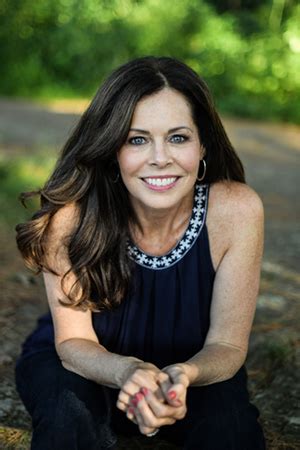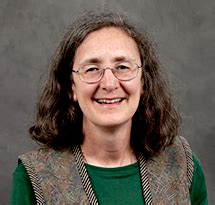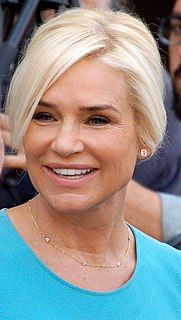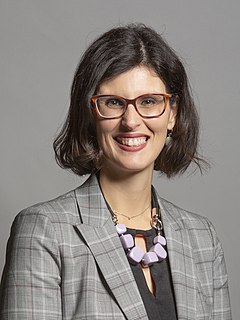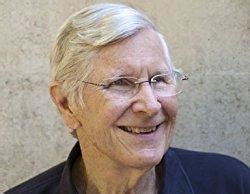A Quote by Cheryl Richardson
By teaching our children to stay in line we create well-behaved followers. While this may make parenting a bit easier, it has enormous costs later in life. These same children grow up to be unhappy adults who desperately want to lead their own lives, yet lack the necessary skills to do so.
Related Quotes
Although adults have a role to play in teaching social skills to children, it is often best that they play it unobtrusively. In particular, adults must guard against embarrassing unskilled children by correcting them too publicly and against labeling children as shy in ways that may lead the children to see themselves in just that way.
Children grow rapidly, forget the centuries-long embrace from their parents, which to them lasted but seconds. Children become adults, live far from their parents, live their own houses, learn ways of their own, suffer pain, grow old. Children curse their parents for their wrinkled skin and hoarse voices. Those now old children also want to stop time, but at another time. They want to freeze their own children at the center of time.
Many teachers think of children as immature adults. It might lead to better and more 'respectful' teaching, if we thought of adults as atrophied children. Many 'well-adjusted' adults are bitter, uncreative, frightened, unimaginative, and rather hostile people. Instead of assuming they were born that way, or that that's what being an adult entails, we might consider them as people damaged by their education and upbringing.
With grown children, we can look back at both our mistakes and what we did well in our parenting, having conversations with a greater degree of honesty than was possible before. In getting older themselves, our adult children may begin to comprehend the burdens and strengths we carried from our own parents.
International adoption does not begin to solve the problems of the world's orphaned children. It's truly not the answer. At the same time, it solves a problem for a few. I think it can be a brilliant solution to the problem of adults wanting a child in their lives or wanting more children in their lives and the problem of children who want parents in their lives.
Although we like to think of young children's lives as free of troubles, they are in fact filled with disappointment and frustration. Children wish for so much, but can arrange so little of their own lives, which are so often dominated by adults without sympathy for the children's priorities. That is why children have a much greater need for daydreams than adults do. And because their lives have been relatively limited they have a greater need for material from which to form daydreams.
It isn't a coincidence that governments everywhere want to educate children. Government education, in turn, is supposed to be evidence of the state's goodness and its concern for our well-being. The real explanation is less flattering. If the government's propaganda can take root as children grow up, those kids will be no threat to the state apparatus. They'll fasten the chains to their own ankles. H.L. Mencken once said that the state doesn't just want to make you obey. It tries to make you want to obey. And that's one thing the government schools do very well.
What does God want us to do? As He did with the children of Israel in Egypt - He wanted the children of Israel to separate into a state or territory of our own. You're going to have to decide. Some of you want to stay - stay. Some of you want to be White - be White. But we want to be ourselves; we want something that we can pass on to our children other than a cheap job and a hustle selling drugs and pimping our women.
Certainly parents play a crucial role in the lives of individuals who are intellectually gifted or creatively talented. But this role is not one of active instruction, of teaching children skills,... rather, it is support and encouragement parents give children and the intellectual climate that they create in the home which seem to be the critical factors.
